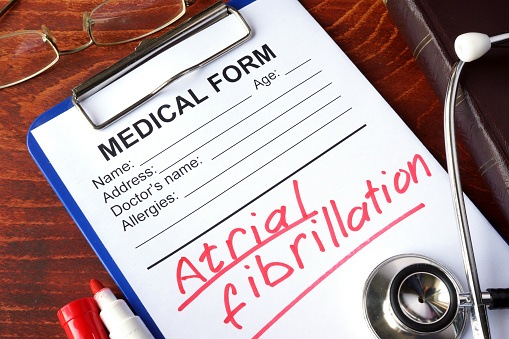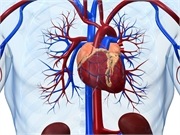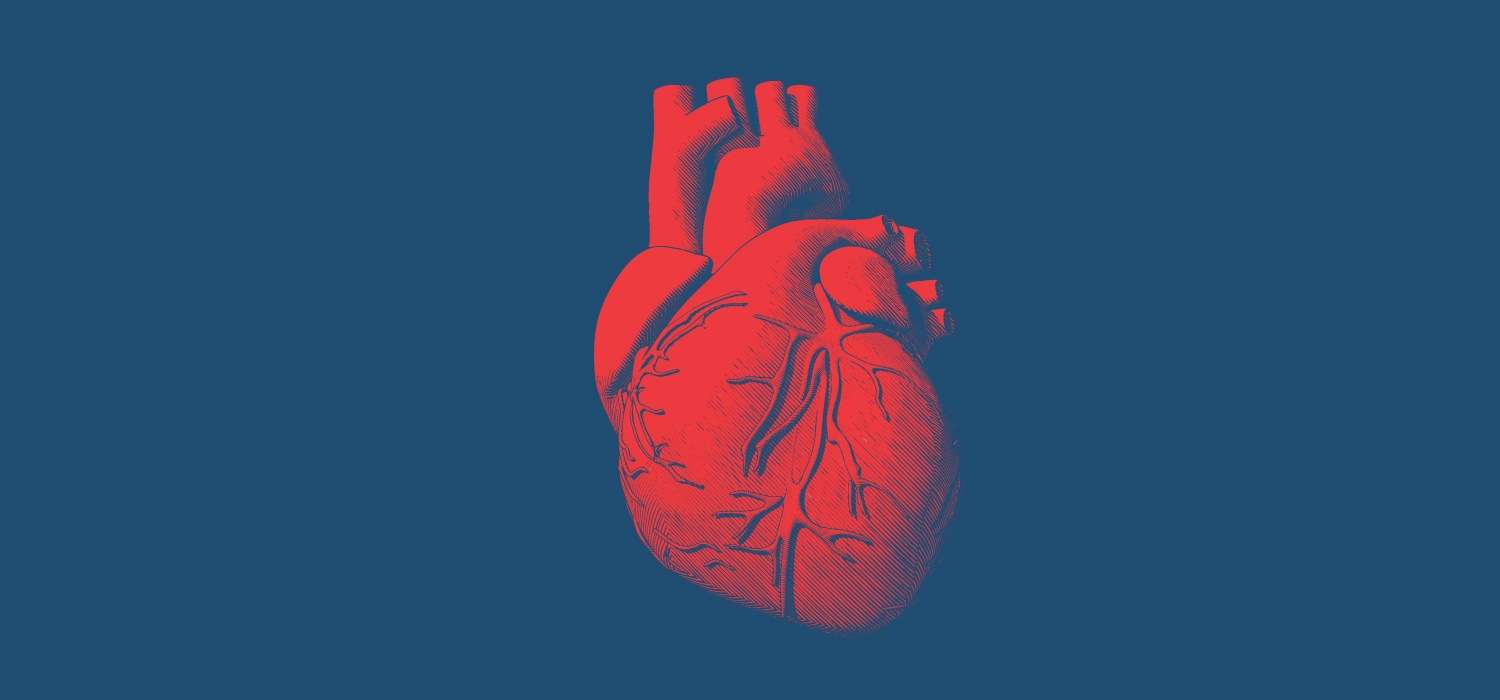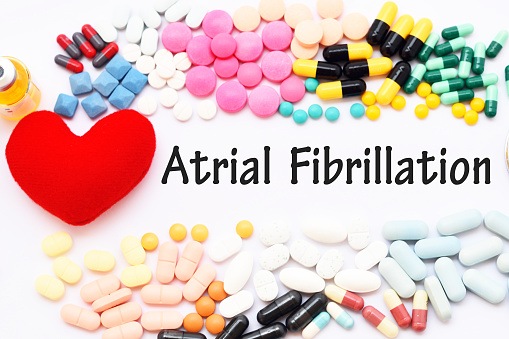
A study, to be presented at the American Heart Association’s Resuscitation Science Symposium (ReSS) 2021, confirmed that earlier administration of epinephrine treatment during a cardiac arrest is correlated with better recovery, relative to later treatment. These findings support the latest American Heart Association (AHA) CPR and Emergency Cardiovascular Care Guidelines.
To compare epinephrine timing to patient recovery, researchers reviewed medical records of 6,416 multi-ethnic adults across North America who had an out of hospital cardiac arrest with shockable initial rhythm from 2011-2015. The population of interest were an average age of 64 years old, and most were men.
Overall, epinephrine administration within four minutes after the first shock from an automated external defibrillator (AED) corresponded with a greater likelihood of an individual’s recovery. Conversely, people who received epinephrine after four minutes were nearly half as likely to have heartbeat and blood flow restored before hospital admittance, and half as likely to survive to hospital discharge or be able to perform daily tasks, as measured by a standard test. The risks of later epinephrine administration continued to increase with each minute of delayed treatment.
Lead author Shengyuan Luo, M.D., M.H.S., at Rush University Medical Center in Chicago, concluded that: “Our study’s findings should guide emergency medical services professionals towards earlier administration of epinephrine during out-of-hospital cardiac arrest management.”







 © 2025 Mashup Media, LLC, a Formedics Property. All Rights Reserved.
© 2025 Mashup Media, LLC, a Formedics Property. All Rights Reserved.